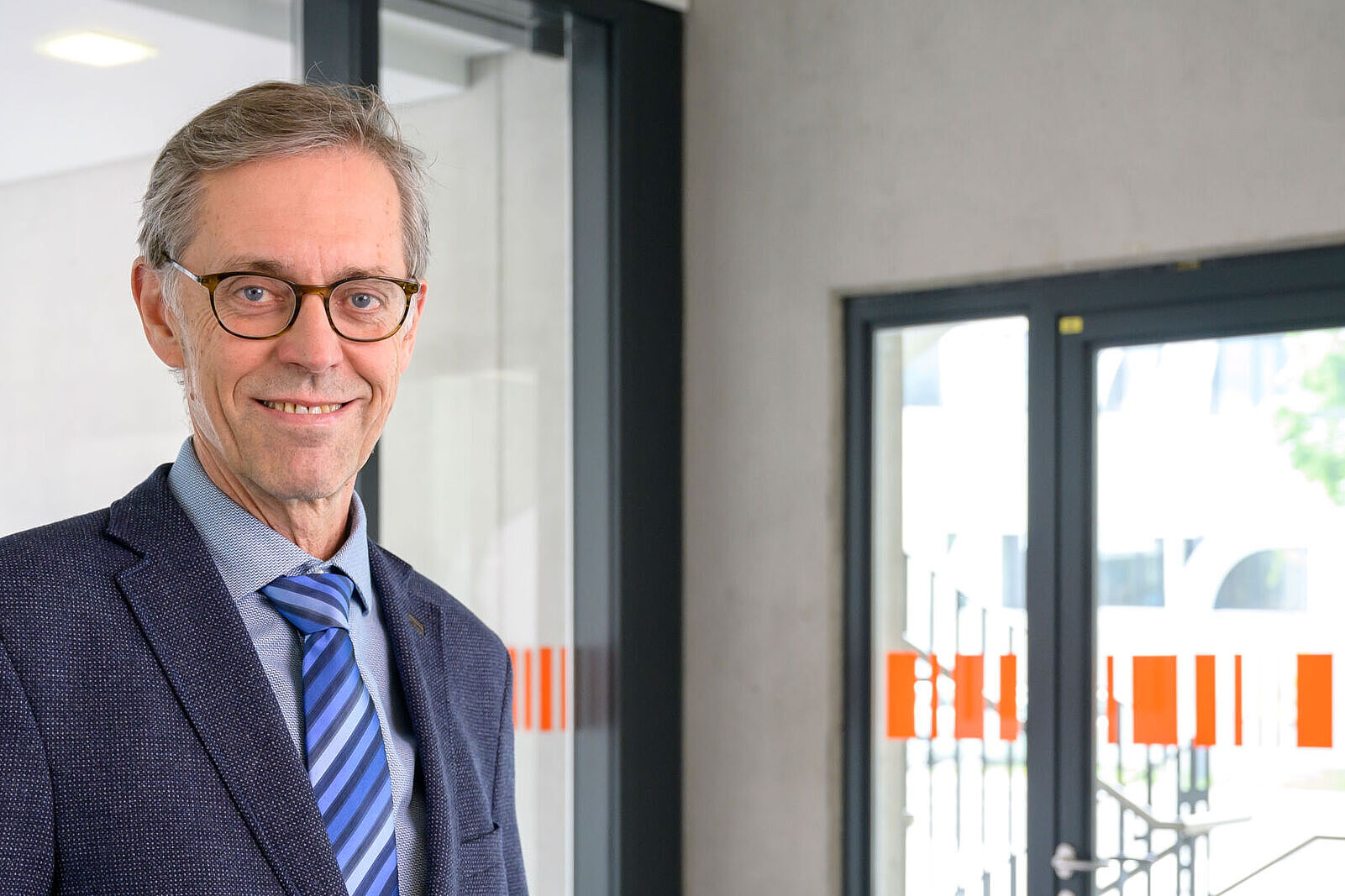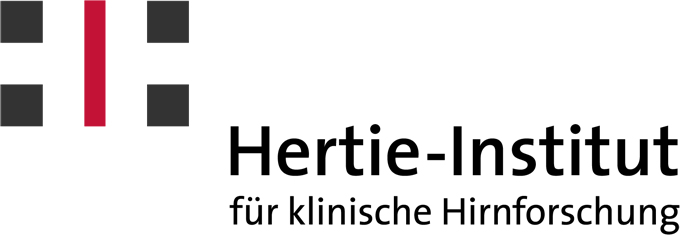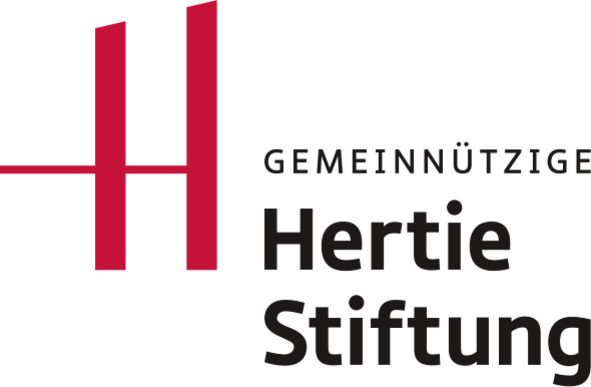“Breakthrough Prize” for pioneering discoveries on the genetics of Parkinson’s disease
Tübingen/Germany, September 14, 2023. Prof. Dr. Thomas Gasser, a Parkinson’s researcher from Tübingen, Germany, has been awarded the “2024 Breakthrough Prize in Life Sciences” endowed with US$3 million, together with two scientists based in the U.S.. The three experts are being honored for discovering genetic risk factors for Parkinson’s disease. In Germany, at least 200,000 individuals are affected by this as yet incurable nerve disorder. The Breakthrough Prize is awarded in various fields and is considered the world’s largest science prize. This time, significant advances in the treatment of cancer and cystic fibrosis, among others, are also being honored. Thomas Gasser is a senior researcher at the Tübingen site of the German Center for Neurodegenerative Diseases (DZNE) and chairman of the board of directors at the Hertie Institute for Clinical Brain Research at the University of Tübingen. He is also medical director of the Department of Neurology with a focus on neurodegenerative diseases at the University Hospital of Tübingen.
In Parkinson’s disease, certain neurons in the brain that produce the neurotransmitter dopamine deteriorate. The resulting dopamine deficiency causes motor impairments such as tremors, slowed movements, muscle stiffness and balance disorders. In the advanced stages of the disease, some patients also develop dementia. The reason for the death of these brain cells is still not fully understood. In the 2000s, Thomas Gasser as well as Ellen Sidransky and Andrew Singleton, the latter are both based in the U.S., discovered that mutations (deviations from the regular form) in certain genes increase the risk for Parkinson’s, and that some mutations even inevitably trigger the disease. The “Breakthrough Prize in Life Sciences” recognizes these pioneering achievements: They have expanded the understanding of the molecular mechanisms of Parkinson’s disease and paved the way for studies in which new therapeutic concepts are currently being investigated. These seminal findings on genetic risk factors for Parkinson’s were partly made independently and partly in collaboration between the award-winning researchers.
Defective enzymes
The aforementioned mutations affect the LRRK2 (pronounced “LERK2”) and GBA1 genes. “Each of these genes contains the blueprint for a specific enzyme. The mutations cause these enzymes to not function optimally. The bottom line is that they cause damage,” explains Thomas Gasser. “The consequences are severe. LRRK2 is involved in various processes within neurons; among other things, it ensures that the cells’ power plants function correctly and provide energy. On the other hand, both LRRK2 and GBA1 are important for recycling and eliminating waste products of cellular metabolism.” On the one hand, the described mutations are relevant to the hereditary (“familial”) form of Parkinson’s disease, in which affected individuals inevitably develop the disease in each family generation – often before the age of 50. On the other hand, some of these genetic variants are also risk factors for the much more frequent “sporadic” form of Parkinson’s disease, which typically manifests after the age of 60 and whose triggers cannot be clearly named.
Prospects for therapy
As yet, there is no cure for Parkinson’s disease. However, its symptoms can be treated and alleviated quite well for a certain period of time. Often, it is even possible to keep the effects of the disease in check for years, so that affected individuals are only slightly restricted in their everyday lives. “However, the currently available therapies only have a symptomatic effect and do not address the roots of the disease. Therefore, they cannot stop the brain’s degradation and sooner or later lose their efficacy,” Gasser says. “However, our findings on the LRRK2 and GBA1 genes provide approaches for treatments targeting molecular causes, which are being pursued in various ways. I am confident that one day it will be possible to prevent Parkinson’s or at least delay the onset of the disease and slow its progression.”
New approaches
Indeed, the pharmaceutical industry is working on inhibitors to curb the mutated LRRK2 enzyme and its harmful effects. Meanwhile, in Tübingen, Gasser and colleagues are preparing a clinical trial aimed at patients with Parkinson’s disease and GBA1 mutation. “People with GBA1 mutation tend to develop a particularly severe form of Parkinson’s. They often develop dementia relatively early in the course of the disease. We want to investigate whether we can prevent or at least delay mental decline. This means that we aim to provide preventive treatment before symptoms of dementia manifest. Although this would not eliminate the motor disorders, it would make a significant contribution to the quality of life. To this end, we will use antibodies to target certain deposits that accumulate in the brain during Parkinson’s disease. Clinical trials are scheduled to begin next year,” says Gasser.
Voices on the award
Prof. Dr. Bernd Pichler, Dean of the Medical Faculty Tübingen: “We are delighted that Prof. Dr. Thomas Gasser has been awarded the Breakthrough Prize for his pioneering Parkinson’s research. Prof. Gasser is an outstanding neuroscientist and neurologist and internationally highly respected which is clearly expressed by this luminory award. His groundbreaking work has deepened our understanding of Parkinson’s disease and advanced innovative approaches. Prof. Gasser impressively exemplifies Tübingen’s research focus in the field of neurology and we are proud of his success.”
“We as the Hertie Foundation are also very proud of this outstanding honor for Prof. Gasser. We are firmly convinced that the unique structure at the Hertie Institute for Clinical Brain Research, which we support, has enabled Mr. Gasser to do excellent clinical work and, in parallel, to conduct his groundbreaking research on Parkinson’s disease,” says Frank-Jürgen Weise, Chairman of the Board of the Hertie Foundation.
“Thomas Gasser has been and continues to be a world leading scientist whose research has led to the better understanding of Parkinson’s disease and other neurodegenerative disorders,” says Prof. Dr. Pierluigi Nicotera, Chairman of DZNE’s Executive Board. “Prof. Gasser has been an outstanding leader, he has helped the development of many clinician scientists and his work has been instrumental to conceive new personalised treatments which in the future will help defeating Parkinson’s disease.”
International collaboration
Mutations in the LRRK2 and GBA1 genes are among the most common genetic risk factors for Parkinson’s disease that are known today. However, experts suspect that there are others – as yet undiscovered. The Tübingen team led by Gasser is therefore participating in international research projects in which the genome of thousands of individuals with Parkinson’s is being studied. “Some of the genetic risk factors that have been found by now are not evenly distributed. Globally, there are certain differences in prevalence between population groups and regions. Such findings are important for the development of individualized therapies and can only be achieved through international collaboration,” Gasser says. “From this, we expect to gain insights not only into the familial form of Parkinson’s, but also into the non-hereditary, so-called sporadic variant. Our studies have shown that genetic factors also play an important role here. Although they are not singular causes of Parkinson’s, they are nevertheless significant, for example, for the risk of disease, the age of onset or disease severity.”
Background: Parkinson’s disease is the second most common neurodegenerative disorder after Alzheimer’s. It manifests in particular through movement disorders and generally occurs in older adulthood: The vast majority of patients are at least 60 years old. In many cases, it is possible to alleviate disease symptoms over a period of years with medication and physiotherapy before the current therapies lose their effect due to the steadily progressing brain damage. To date, there is no cure for the disease. In Germany, at least 200,000 individuals are affected by Parkinson’s, and the number is increasing.
About the Breakthrough Prize: Founded in 2012 by sponsors Sergey Brin, Priscilla Chan & Mark Zuckerberg, Julia & Yuri Milner, and Anne Wojcicki, the Breakthrough Prize is the world’s largest international science prize, awarded annually. The current laureates will be celebrated next April 13 at the 10th annual Breakthrough Prize ceremony, held in Los Angeles, USA.
About the Deutsches Zentrum für Neurodegenerative Erkrankungen, DZNE (German Center for Neurodegenerative Diseases): DZNE is a research institute funded by the German federal and state governments, comprising ten sites across Germany. It is dedicated to diseases of the brain and nervous system, such as Alzheimer’s, Parkinson’s, and ALS, which are associated with dementia, movement disorders and other serious health impairments. To date, there are no cures for these diseases, which represent an enormous burden for countless affected individuals, their families, and the healthcare system. The aim of DZNE is to develop novel strategies for prevention, diagnosis, care, as well as treatment, and to transfer them into practice. To this end, DZNE cooperates with universities, university hospitals, research centers and other institutions in Germany and abroad. The institute is a member of the Helmholtz Association and belongs to the German Centers for Health Research
Founded in 2001, the Hertie Institute for Clinical Brain Research (HIH) was brought to life by an agreement between several entities: the non-profit Hertie Foundation, the State of Baden-Württemberg, the University of Tübingen and its Medical Faculty, and the University Hospital of Tübingen. The HIH deals with one of the most fascinating fields of today´s research: the decoding of the human brain. The main question is how certain diseases affect brain functions. In its daily work, the HIH builds the bridge from basic research to clinical application. Its goal is to facilitate new and more effective strategies for diagnosis, therapy and prevention. At present, the HIH is home to a total of more than 20 professors, 36 research groups and almost 500 employees. More information.
The University of Tübingenis one of eleven universities judged excellent under the German government’s Excellence Initiative, and ranks well in international comparisons. Tübingen is one of the world’s foremost locations for neuroscientific research. Along with translational immunology and cancer research, microbiology and infection research, and molecular plant biology, it makes Tübingen a cutting-edge center of research in the Life Sciences. Further areas of core research are in Machine Learning, Geoscience and Environmental Science; Archaeology and Anthropology; Language and Cognition; and Education and the Media. More than 28,000 students from Germany and around the world are currently enrolled at the University of Tübingen, enjoying a broad spectrum of some 230 different study programs.
Founded in 1805, the University Hospital Tübingen is one of the leading centres of German university medicine. As one of 35 University Hospitals in Germany, it contributes to a successful combination of top-level medicine, research, and teaching. More than 400,000 in- and outpatients from around the world benefit from this connection of science and practice each year, since the clinics, institutes, and centres unite specialists from all fields under one roof. Its experts collaborate across disciplines and offer state-of-the-art research-based treatment to all patients. The University Hospital does research to improve diagnostics, therapies, and healing processes. Many new cutting-edge treatments are clinically tested and applied in Tuebingen. Neurosciences, Oncology and Immunology, Infection Biology, Vascular Medicine and Diabetes are focus areas of research at the University Hospital Tübingen. It is a reliable partner in four of the six German Centres for Health Research (DZG) created by the Federal Government.





